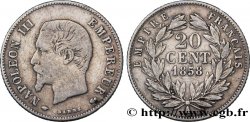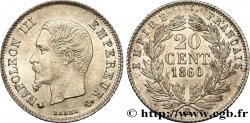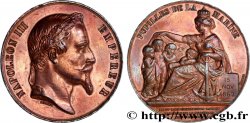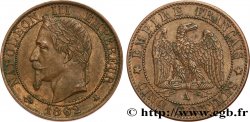fme_649276 - SECOND EMPIRE Médaille, Premier Prix, Association philotechnique, Cours gratuits
无库存.
所有在网站上销售的产品 (2021)
价格 : 35.00 €
所有在网站上销售的产品 (2021)
价格 : 35.00 €
种类 Médaille, Premier Prix, Association philotechnique, Cours gratuits
日期: 1859
材质 bronze
直径 55,5 mm
模子方针 12 h.
硬币制模工 BOTTÉE Louis-Alexandre (1852-1940)
重量 87,24 g.
侧面 lisse + corne BRONZE
印模 corne BRONZE
关于品相的说明
Exemplaire nettoyé, des rayures dans les champs suite aux frottements. Présence de coups
家谱
Exemplaire provenant de la Collection JCT
正面
正面的文字 ASSOCIATION PHILOTECHNIQUE // COURS GRATUITS / EN FAVEUR / DES OUVRIERS.
正面的说明书 Divers objets utilisés pour les cours (globe terrestre, longue vue, partition de musique, compas) Signé : DANTZELL.
背面
背面的文字 SCIENCES ET ARTS APPLIQUES AU COMMERCE ET A L’INDUSTRIE (FLEUR) // UN IER PRIX / ET UNE MENTION / - / M. PAUL MARIE / - / 1859.
背面的说明书 Légende circulaire et en 4 lignes dans le champ cerclé d’étoiles.
评论
Médaille décernée en premier prix à Monsieur Paul Marie.
L’Association philotechnique est une association parisienne, fondée en 1848 par le mathématicien Eugène Lionnet (1805-1884), œuvrant dans le domaine de la formation des adultes. Elle est issue de l'Association polytechnique animée par Auguste Comte. Des associations du même nom ont été créées dans d'autres communes de France dans les années 1850, notamment en Île-de-France à Corbeil, Saint-Denis, Puteaux, Boulogne-sur-Seine, Suresnes, etc., sur des objectifs semblables, le cas échéant avec le soutien du CNAM..
L’Association philotechnique est une association parisienne, fondée en 1848 par le mathématicien Eugène Lionnet (1805-1884), œuvrant dans le domaine de la formation des adultes. Elle est issue de l'Association polytechnique animée par Auguste Comte. Des associations du même nom ont été créées dans d'autres communes de France dans les années 1850, notamment en Île-de-France à Corbeil, Saint-Denis, Puteaux, Boulogne-sur-Seine, Suresnes, etc., sur des objectifs semblables, le cas échéant avec le soutien du CNAM..








 对产品描述纠错
对产品描述纠错 打印
打印 分享我的选择
分享我的选择 提问
提问 Consign / sell
Consign / sell
 产品介绍
产品介绍



